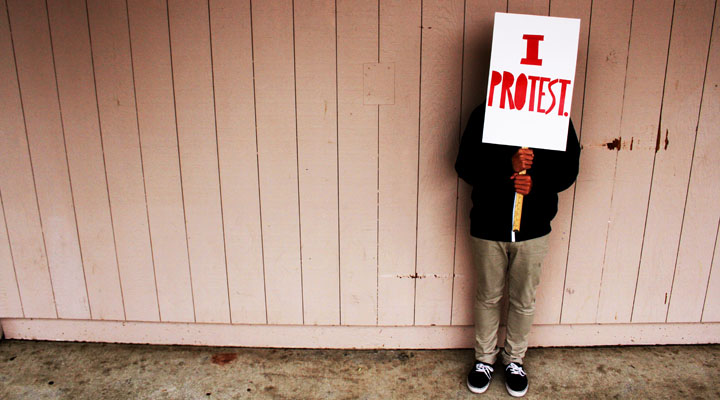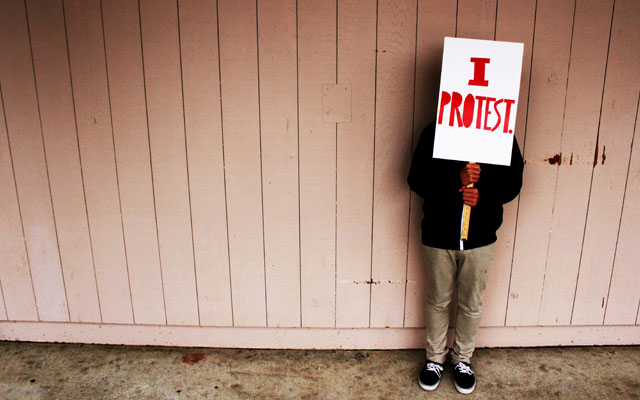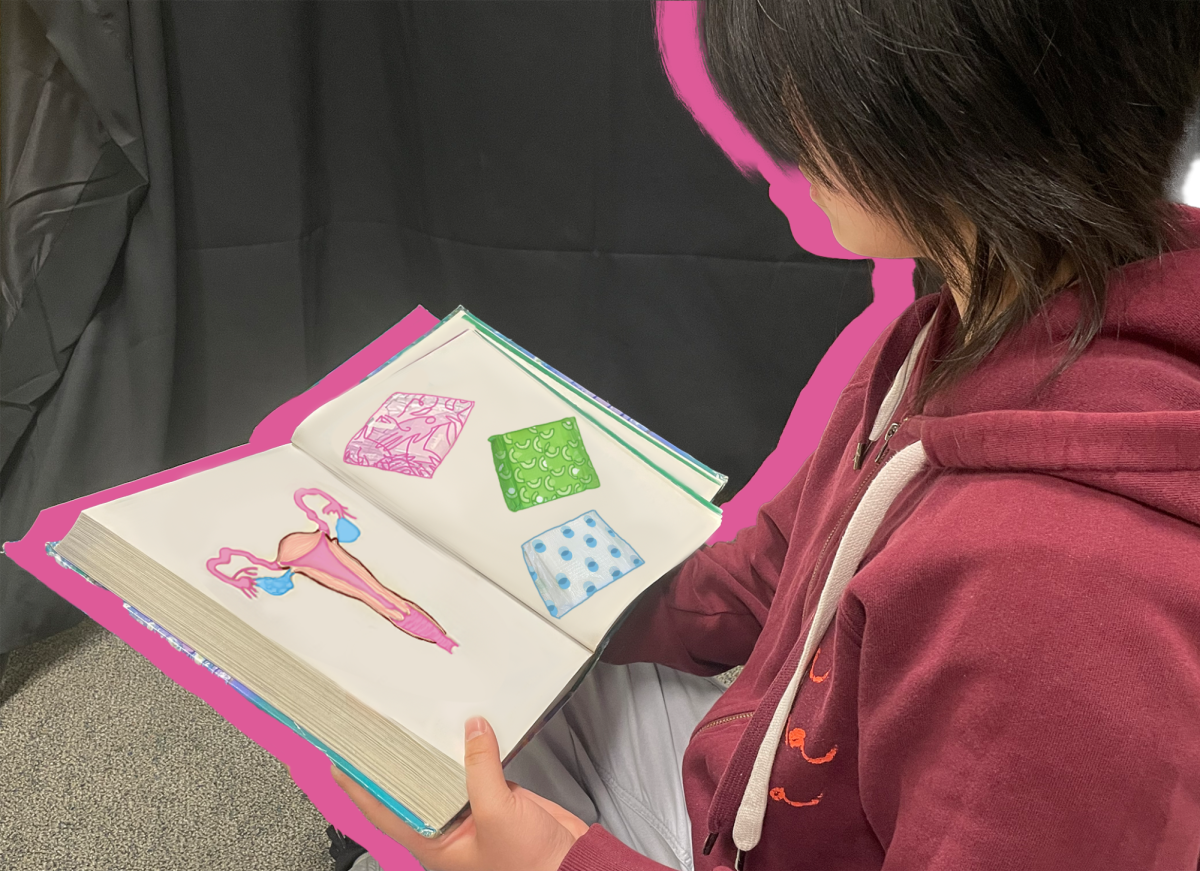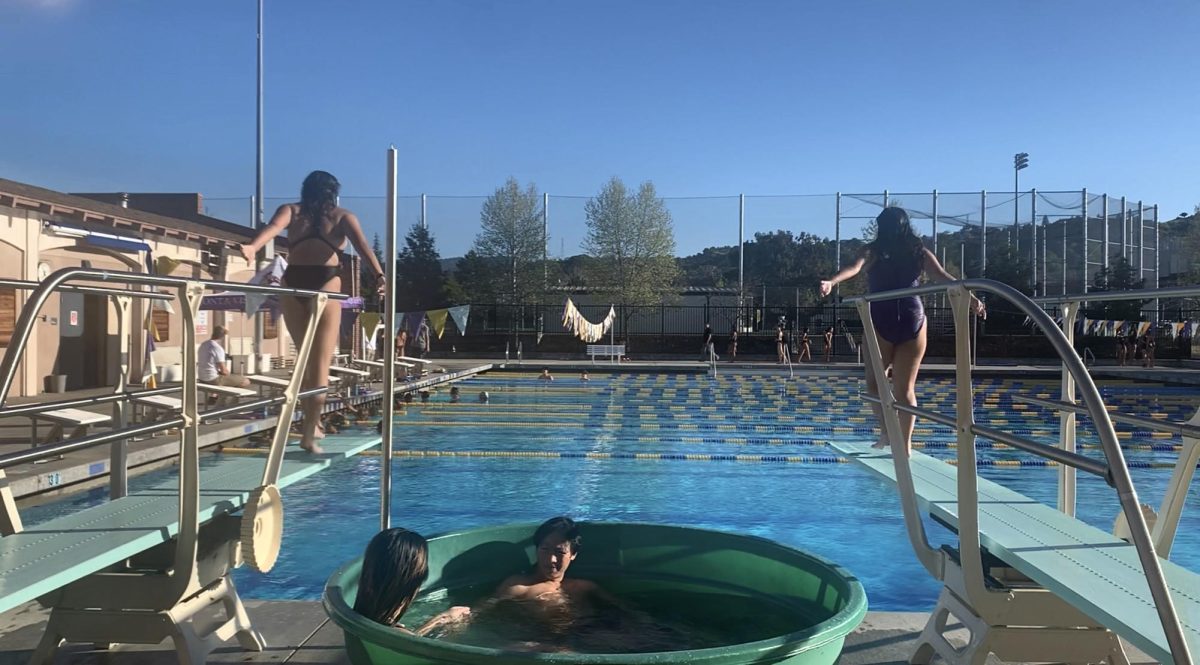When senior Nick Kau’s grade suddenly dropped from an A to a C in a class he took last year, he checked School Loop and was shocked to discover that he had been given a zero on the final exam for the first semester as well as the previous test.
Kau was concerned that if he talked to the teacher, her impression of him would change and he would be graded unfairly in the class. Though he was initially hesitant, his need to clarify the situation outweighed any reservations he had. He and the teacher set up a conference with his parents, a meeting which involved an administrator. The teacher believed he had cheated on the two tests.
“[But] I knew if I talked to the teacher nothing would come out of it,” Kau said. “There’s no supreme court. The teacher’s ruling is [final].”
Ultimately, the teacher allowed him to retake the two tests she thought he had cheated on. Kau recalls that she had no concrete evidence against him but believed he cheated based on what she had seen. He considered dropping the class and taking it at De Anza College but decided against it. He believes that if he had dropped the class, his peers would have looked down on him and been suspicious.
“I definitely didn’t want to have a stain [for] being a cheater in this class,” Kau said.
A student’s reputation is made up of the opinions of people in their life: peers, family, and teachers. The importance of reputation to an individual varies based their own values and insecurities, but fear of damaging a reputation can lead to accepting situations that they deem unfair. Even if a student has a conflict with a teacher’s methods, fear of hurting the teacherís impression of them can keep them from voicing their grievances. In an online survey of 393 MVHS students, only 53% would be willing to confront their teacher about a problem in the classroom.
A few weeks ago, a similar situation took place regarding a substitute teacher who was charging students for editing papers. Rather than approach an authority figure about the issue, Facebook and Tumblr posts circulated throughout the student body, a method of expressing problems in the classroom that teachers and administration wouldn’t be likely to see.
English teacher Jireh Tanabe encourages her students to talk to her about concerns they have with her class and teaching instead of bringing their complaints to other parties. She acknowledges that some students could be intimidated to address their teacher with a problem but maintains that open communication between a teacher and student is essential.
“It’s a very real human fear that we feel when we talk to people about things that are difficult to talk about,” Tanabe said. “I think its perfectly legitimate and real to have those fears, but I think part of being communicative and honest and having a good working relationship requires that we overcome those fears.”
According to guidance counselor Sarah Hershey, teachers know who the hard-working, self-advocating students who perform well in the classroom are by their behavior and participation. But they are often unaware that students may have a problem, whether it’s with their grading systems or teaching styles.
“I think that teachers will establish some kind of relationship with their students,” Hershey said. “It varies depending on the student [and]… the teacher. Some will be fairly good: good communication, light-hearted, solid relationship. Some will be a little strange. I mean, not everybody is going to get along with everybody.”
Tanabe believes that students going directly to their teachers with issues is much more effective than going to a third party.
“I’ve always encouraged my students to come talk to me and not to go to another source and have me find out about it three weeks later,” Tanabe said. “Because that would break down the open lines of communication that I assume we have.”
Hershey believes it’s simply a matter of bringing up the issue in a separate meeting and communicating more formally. It opens up a new level of respect and puts student and teacher on an even playing field.
“A big fear I hear from students is ‘If she knows that I don’t like her grading system and I talk to her about it, she’s going to punish me,'” Hershey said. “And I’ve never seen that happen. Every time I’ve had students break through that [fear] and have a meeting with their teacher and really lay out their concerns on the table in a reasonable format and show tangible evidence, I’ve never had students regret it.”
Having been involved in many student-teacher meetings that resulted in positive outcomes, Hershey frequently reminds students that teachers are not unapproachable, and that their goal is to help students and make a difference.
Students’ fear of risking their academic reputation, according to Hershey, can stem from the culture of regarding teachers as purely authoritative figures; students feel as though teachers should be held to a level of respect and are taught to never argue or question their ways.
“I think it’s a common fear, but it’s a misguided fear,” Hershey said. “I have a lot of students that have come to me and they’ll have this seemingly huge issue with the teacher. But at the same time they put the teacher up on this pedestal [and think] ‘I can’t befriend the teacher; I can’t speak with the teacher in confidence’: all these fears that aren’t really based on reality. It shouldn’t be that way. They’re your teacher; they’re there for you.”




















